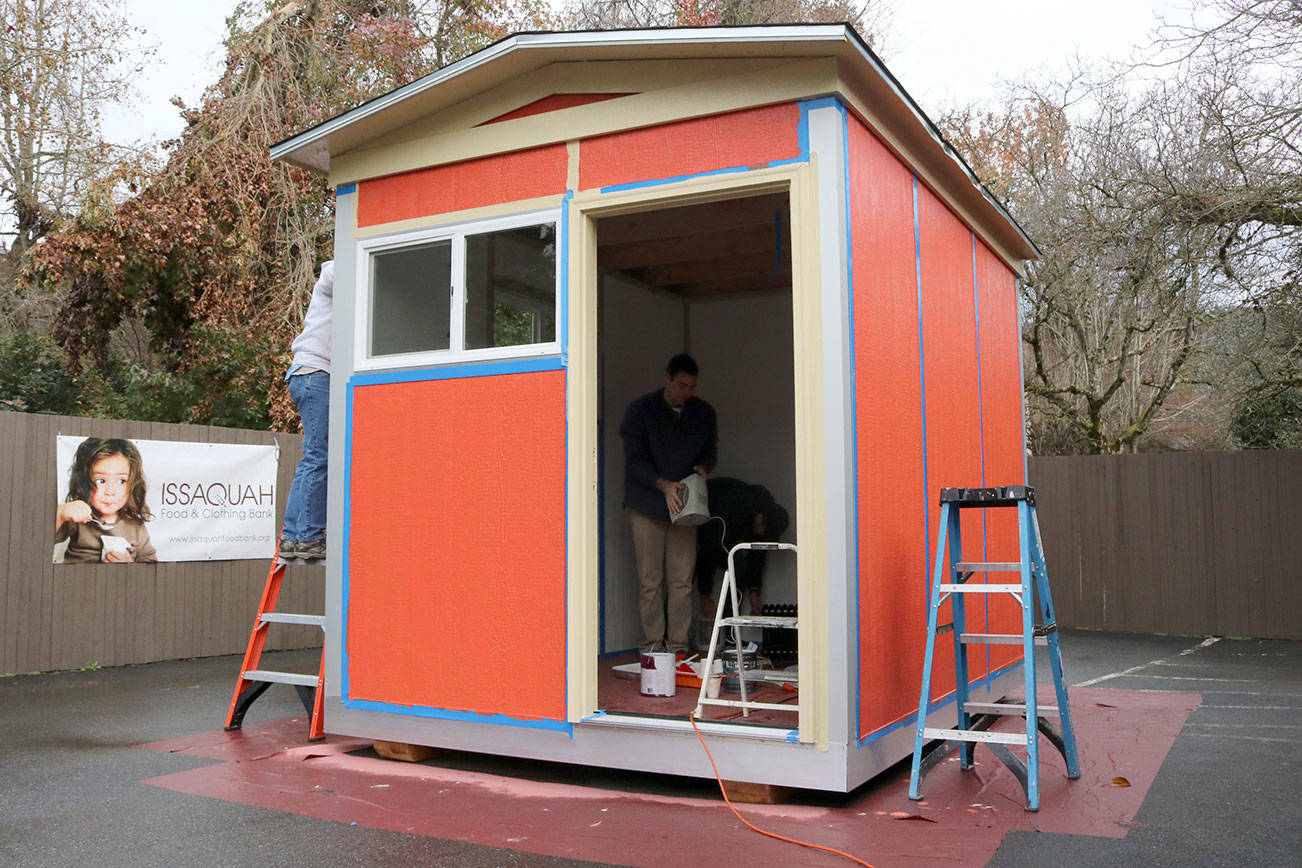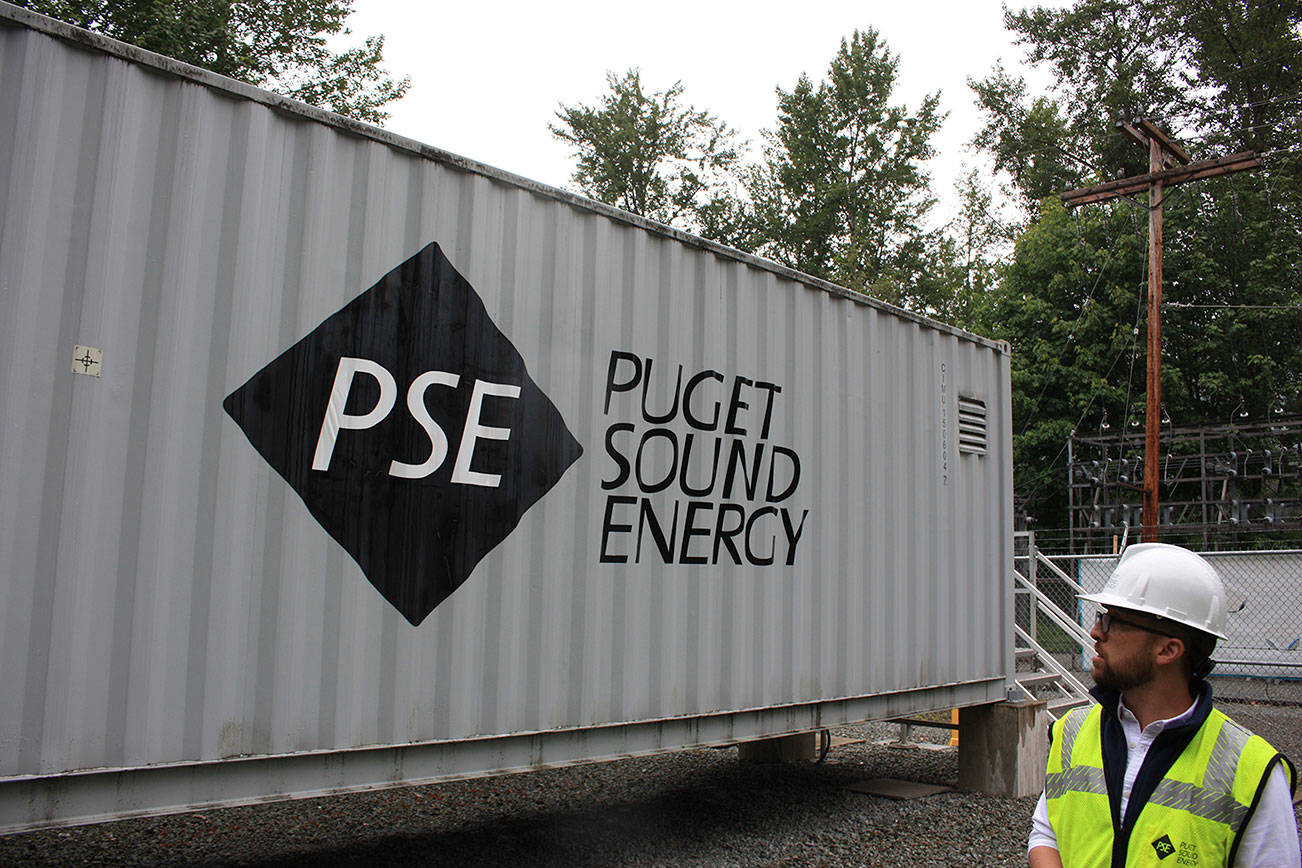Microsoft announced Wednesday it would put $500 million toward creating and preserving affordable housing in the Puget Sound region in an attempt to curb the housing crisis.
Of the $500 million that Microsoft is providing, about $225 million will subsidize middle-income housing in Bellevue, Kirkland, Redmond, Issaquah, Renton, and Sammamish. Another $250 million will go toward low-income housing across King County. The remaining $25 million will be given to philanthropic grants to address homelessness in the greater Seattle area. The first $10 million of this will include $5 million for the newly created Home Base program by the Mariners. The remaining $5 million will go to a new joint agency on homelessness being formed by Seattle and King County. Microsoft will also look to provide short-term loans for developers who want to build affordable housing.
“The Puget Sound area’s growth has also created new challenges. In recent years, our region hasn’t built enough housing for the people who live here. Since 2011, jobs in the region have grown 21 percent, while growth in housing construction has lagged at 13 percent,” according to a statement from Microsoft President Brad Smith and CFO Amy Hood. “This gap in available housing has caused housing prices to surge 96 percent in the past eight years, making the Greater Seattle area the sixth most expensive region in the United States.”
Median area income hasn’t kept pace with rising housing costs, a problem that has forced low- and middle-income workers to live farther away from their jobs. This has added to traffic congestion while delivering a blow to teachers, nurses, first responders, and those in the services industries. Rising rents have also added to the homelessness crisis. For every $100 increase in rent, the homelessness rate spikes by 15 percent.
To top this off, a study conducted by Microsoft and Zillow found that this gap between jobs and housing is even worse in Seattle’s suburbs. Mayors of nine cities — Bellevue, Kirkland, Redmond, Issaquah, Renton, Sammamish, Auburn, Kent, and Federal Way — have pledged to help by changing zoning to increase housing in some areas, providing public land near transit stations, streamlining permitting processes and fees, and creating tax incentives for developers to build more housing.
According to the announcement from Microsoft, the state government should step up and encourage private-sector development, including setting aside $200 million for the Housing Trust Fund to expand housing for low-income residents. Other areas where Microsoft has encouraged the legislature to act includes supporting condominium liability reform, extending the multifamily tax-exemption program, and creating incentives for local cities to establish more efficient land use policies.
King County executive Dow Constantine issued a press release praising Microsoft’s announcement: “With Microsoft stepping up in this way, public-sector partners must do the same,” Constantine said. “Government acting alone cannot solve our housing and affordability challenges.”
King County councilmember Claudia Balducci said the announcement was unexpected but welcome: “It’s very good, it’s surprising I think. Nobody really expected them to come out with this investment.” She said Microsoft has consistently kept its headquarters in King County, and their announcement will hopefully spur further private-sector investment. Balducci said it could also help create a more regional approach to dealing with the housing crisis and homelessness. “It’s all-hands-on-deck and these are hands on deck, and it’s a good thing,” she said.
The announcement comes a month after a task force published a report recommending that King County set a goal of preserving or building 44,000 affordable housing units by 2024. The report noted the county needed 156,000 more units now, and another 88,000 units by 2040 to meet its affordable-housing needs.








